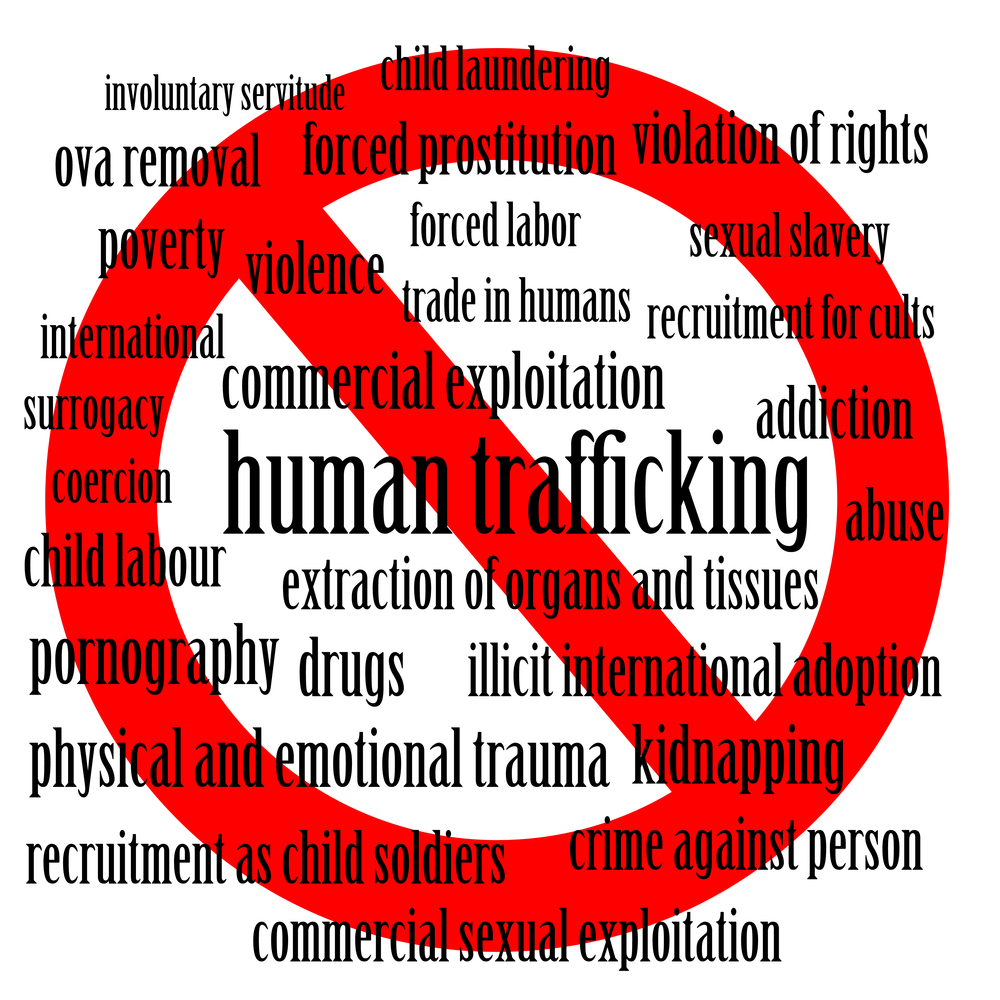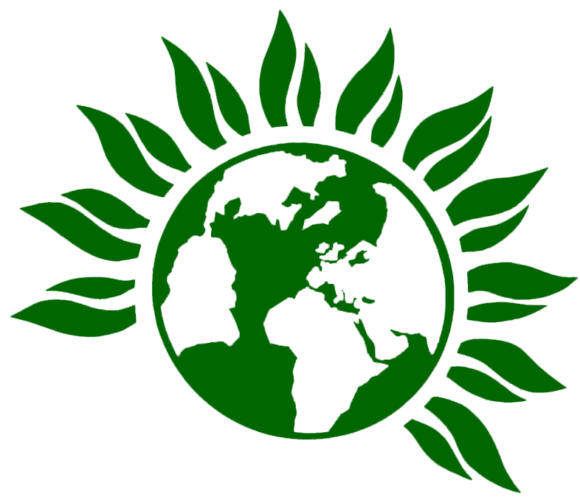
The speech below discusses some of the work done in the European Parliament concerning women, and focusses in particular on tackling the modern day slavery of human trafficking. Jean gave this speech to the Soroptomist International of Chelmsford on Nov 18, 2012.
Thank you for the invitation to speak today.
I shall not attempt to explain the various workings of the European Parliament, such as why we have to be in both Brussels and Strasbourg, as I’m sure you want to get home today and not next week. I shall, however, say something of the work we do in the EP concerning women: much of this finds broad agreement across the House. Of the over 700 Members of the European Parliament, 34.8% are women, slightly more than in the House of Commons where women are not yet 25%. Of the Commission (the “unelected Bureaucrats” so beloved by the British media) nine of the twenty-seven are women. This has increased in recent years: not least because many of us in the Parliament made the point that, as the Treaties governing the EU contain a commitment to gender mainstreaming and equality between men and women, we should not be faced only by men.
There is an argument that national governments could provide greater choice for the composition of the Commission if they put forward two candidates, one man and one women or even three possibilities. We await their response. You may also have heard of one of our less consensual debates in recent days about Women’s representation on the Boards of large companies through possible legislation to ensure a 40% representation. It has been fascinating as to just how many governments, companies and business associations have rushed to tell us of the good work they are doing and the progress being made when they were so silent before the proposal was made. We shall monitor progress and reconsider the need for legislation when all this activity has had a chance to prove itself.
Like you, the European Parliament also celebrated the International Day of the Girl this year. For us, this stemmed from our version of an Early Day Motion, a Written Declaration. This was tabled by five Members from different political groups and, working with Plan International and UNICEF, we managed to gain a majority of all Members which made support for the Day Parliamentary policy.
It was given an added poignancy as it fell, of course, only shortly after the attempted assassination of Malala and her two friends.
You may also be aware of discussions around the EU budget. There is a part of that budget which goes to the DAPHNE programme: this supports work against domestic violence. There are a number of UK organisations which have been involved in cross-border projects, not least tackling questions of so-called “honour violence” but also working more generally to make domestic violence unacceptable, as well as against the law.
Along with other women Members, I have also worked on the distressing issue of human trafficking. When I joined the EP in 1999, one the Members of my political group had a background working on that issue and with sex workers in Antwerp. In fact, her work had been so thorough that at times she had received round-the-clock police protection for her role in exposing a drug and trafficking network and she knew the Metropolitan Police better than any elected London MEP through her work.
At that time, both the Council of Europe and the EU began to develop policy on trafficking, based on the UN’s Palermo Protocol. The Metropolitan Police were concerned at what they were finding: having conducted raids on various sex-work premises in London, the women would be deported and the police would pick them up again only a few weeks later. Rather than treating them as victims and also potential witnesses who could help provide information to disrupt or arrest the traffickers, the women were deported under immigration rules.
So, I worked with my colleague, Jenny Jones at the GLA to host a conference we called “Silent Slavery” in conjunction with NGOs working on the issue, the Metropolitan Police, Dutch police (who were taking a different approach) and the Home Office who were also looking to change their practice. I don’t know if I should mention it here, but the Women’s Institute took up the issue of Human Trafficking as a priority campaign in 2004.
“In view of the constantly increasing trafficking of human beings, particularly women and children, for sexual exploitation and forced labour, this meeting urges HM Government to put into place legislation to combat trafficking and support victims, and urges all WI members to raise public awareness of this issue.” (WI Resolution)
So what does trafficking mean for the victim?
The following is taken from an account from an IIPR research study:
“I wanted to do well in school, make my parents proud and get a good job,” she says. But her life was changed when, aged 12 her parents were killed. This tragic event heightened her vulnerability and a stranger claiming to be a relative took her into domestic servitude and trafficked her to London: “I was kept locked in the house for six years,”…. “I never left the house from 2003 until 2009. I had to look after their children all day and also at night. I had to prepare their food every two hours and make sure that their nappies were dry. I had to sleep on the floor in the children’s room. I hardly slept and was never given enough food.”
So how is trafficking defined?
According to Article 3, paragraph (a) of the Protocol to Prevent, Suppress and Punish Trafficking in Persons (the Palermo Protocol), there are three components:
- The Act (What is done). Recruitment, transportation, transfer, harbouring or receipt of persons
- The Means (How it is done). Threat or use of force, coercion, abduction, fraud, deception, abuse of power or vulnerability, or giving payments or benefits to a person in control of the victim
- The Purpose (Why it is done). For the purpose of exploitation, which includes exploiting the prostitution of others, sexual exploitation, forced labour, slavery or similar practices and the removal of organs.
Article 5 of the Protocol requires that the conduct set out in article 3 be criminalized in domestic legislation.
Domestic legislation does not need to follow the language of the Trafficking in Persons Protocol precisely, but should be adapted in accordance with domestic legal systems to give effect to the concepts contained in the Protocol.
Legislation should be flexible enough to ensure it will recognize that trafficking:
- Occurs both across borders and within a country (not just cross-border)
- Is for a range of exploitative purposes (not just sexual exploitation)
- Victimizes children, women and men (Not just women, or adults, but also men and children)
- Takes place with or without the involvement of organized crime groups.
How big a problem is trafficking?
The majority of trafficked victims arguably come from the poorest countries and poorest strata of the national population.
It is considered to be the fastest growing crime internationally and second only to drugs in terms of profitability and, indeed, risk as it can carry a lower prison tariff than drugs offences.
Trafficking in human beings remains a serious issue in the European Union.
According to the estimations of the International Labour Organisation, 880,000 people in the EU are victims of forced labour, including forced sexual exploitation. That is 1.8 persons per 1,000 inhabitants
The number of people being trafficked into the UK is also rising. Latest government estimates suggest: there were approximately one thousand victims identified in 2011.
Women are particularly vulnerable to trafficking because in many societies the lives of women and girls are valued less than those of men and boys. In addition, as the number of orphans increases (a result of civil war and HIV/AIDS), so does the number of child-headed households, which are particularly vulnerable to traffickers.
People can also find themselves trafficked because they have dreams and ambitions: they will believe they are going to have a decent job in the hospitality industry, or as a maid,or in the care industry and then find themselves abandoned to a stranger, their passport kept and their dreams wiped away. Going to the authorities can be dangerous because they are afraid they might be deported or they have no idea where to find help and may not even speak the language.
There are also cases of people being trafficked within the EU. The BBC recently reported on cases of trafficking for labour purposes. There have been confirmed cases in six European countries, including Sweden, Norway and Belgium. The gangs pick vulnerable men off the streets in the UK, who are often homeless and many have drink or drugs problems. A confidential Swedish police report, obtained by the BBC, underlines just how lucrative the business is for the gangs. Their “conservative calculation” suggests criminal gangs are making about £3m in a year from what the report calls “black labour”.
There is now EU-wide legislation in the Anti-Trafficking Directive of 2011: the UK has decided to join this legislation. The Directive reconciles discrepancies between the laws of the Member States on prevention, victim protection and prosecution of traffickers. The new Directive brings robust provisions on victim’s protection, including national mechanisms for early identification and assistance, and supports the principle of non-punishment for petty crimes and unconditional assistance. It also obliges EU Members to set up National Rapporteurs or equivalent mechanisms to be responsible for monitoring implementation of anti-trafficking policy at the national level.
In the UK, the National Referral Mechanism (NRM) was introduced in 2009 to meet the UK’s obligations under the Council of European Convention on Action against Trafficking in Human Beings. At the core of every country’s NRM is the process of locating and identifying “potential victims of trafficking” (PVoTs). There is also a Strategy to accompany the legislation.
These issues are amongst the main priorities and initiatives addressed by the 2012-2016 ‘EU Strategy towards the eradication of trafficking in Human Beings‘ (IP/12/619 and MEMO/12/455). It identifies five priorities and outlines a series of initiatives for each of them:
- Strengthening the identification, protection and assistance to victims, with a special emphasis on children.
- Stepping up the prevention of trafficking in human beings and reducing its demand
- Increasing prosecution of traffickers
- Enhancing coordination, cooperation and coherence within the EU, with international organisations, and with third countries, including civil society and the private sector
- Increasing knowledge of, and effective response to, emerging trends in human trafficking
But it also takes a victim centred approach throughout the whole strategy. One priority is to better identify, protect and assist victims, whether they decide to provide information, give evidence or return home – if that is possible.
It can often take time for victims to realise what has happened to them is a crime, for which they were not responsible, so considerable support is needed. In the UK, the Poppy Project was set up in 2003 and is a valuable source of support and expertise. There are children’s charities which also work with young victims.
Victims who feel able to return to their country of origin also need to be supported in that country so that they can fully recover and re-integrate into society.
How will your new PCC organise ensure the resources are there to deal with the issue?
Prevention strategies
There is also a growing network of organisations who want to liaise with the authorities and NGOs across Europe to try to prevent trafficking from occurring in the first place, For example, Africans Unite Against Child Abuse congratulated the UK government on the successful prosecution and conviction of Osezua Osolase, the human trafficker who was sentenced to a 20-year jail term at the Canterbury Crown Court recently.
Prevention and increasing awareness are being seen in a number of areas here. Thousands of “front-line” workers, including border staff, police and healthcare workers, have been trained to better identify, support and protect victims over the past two years.
Some airlines, including Virgin Atlantic and Thomas Cook, are also training cabin crew to identify those who engaged in trafficking and their potential victims.
And a 24-hour confidential line has been set up for crew to report concerns to border officials before a plane lands in the UK.
Some of us in the EP have also tried to ahave a single EU-wide helpline put in place, modelled on the UK’s “Blue Blindfold” project, so that wherever you are, as a potential victim or concerned citizen, you have a single number to ring.
We are likely to return to that again. There is also an excellent NGO: Stop the Traffik, which states:
“Every instance of trafficking involves a person being trafficked from a community into a community. Therefore the community must work together to prevent it. We work to inspire, inform, equip and mobilise communities to
- Know what trafficking is and how to identify it
- Know how to protect themselves and others
- Know how to respond
- Raise money for projects that protect those who are most vulnerable “
Every individual has the right to live a life in decency, free from slavery and to exercise choice. That is what makes human trafficking an appalling crime and I’m sure makes everyone here determined to see that its victims are cared for.
Future Trends
The internet offers numerous possibilities to recruit victims.
It is anticipated that this trend will increase, as will the number of women sexually exploited in less visible, online environments.
The Commission will fund projects enhancing knowledge of online recruitment that takes place via simple search engines and online advertisements, chat rooms, spam mail, or social networking tools.

